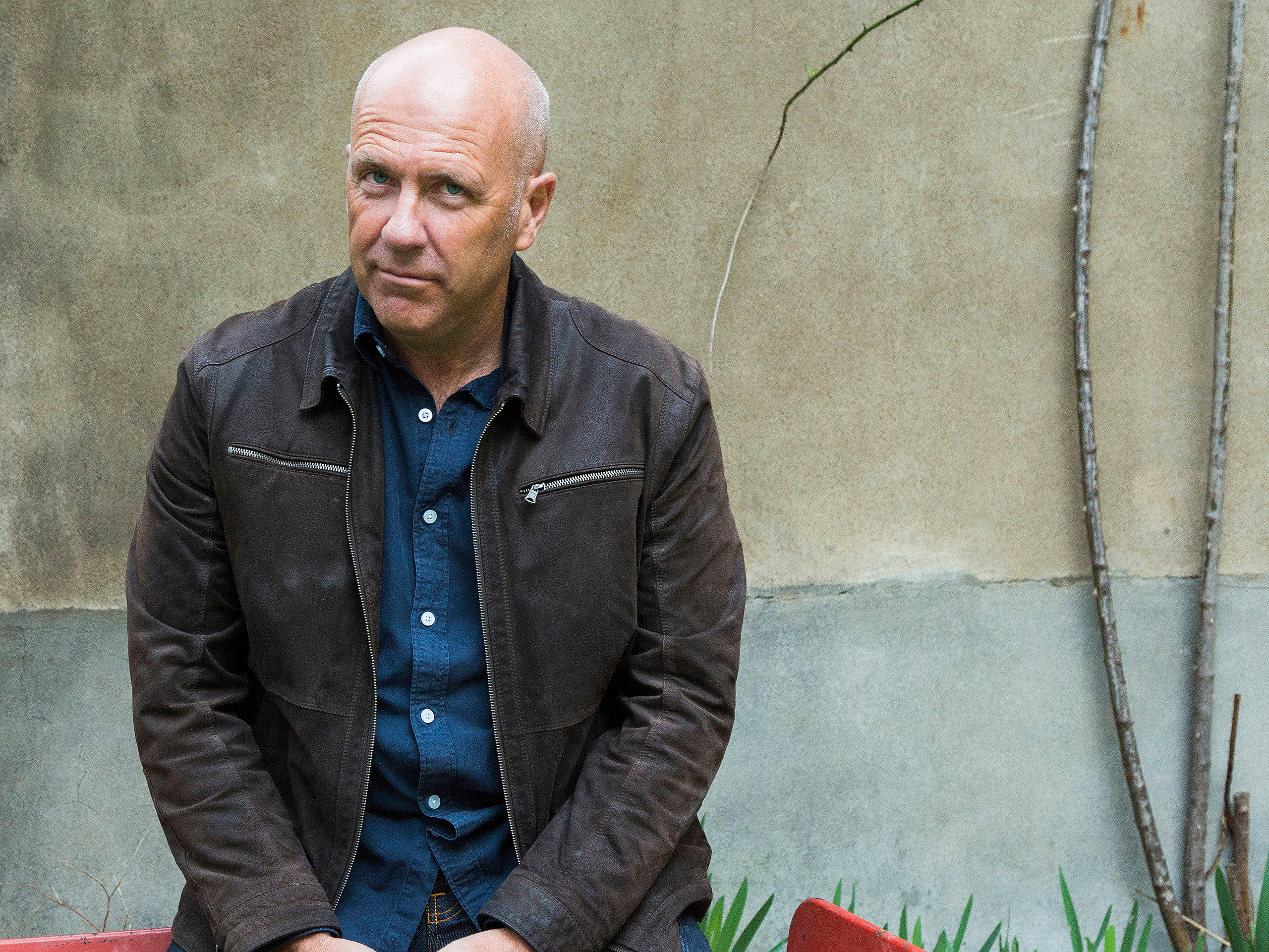
Richard Flanagan describes this book as “a love note to my parents and my island home.” Its title, Question 7, is a reference to Chekhov, and the immeasurability of love. It is not a novel, nor history, nor simple autobiography. Rather, a deep (Australian) meditation, drawing on all three. And the paradox is that it comes from Tasmania — so long considered as the doormat to Australia.
Apart from its isolation, Tasmania encapsulates extremities. First there is the primeval environment, containing the second-largest rainforest of its kind in the world, now besieged. In the past there has been the near extermination of the Indigenous people, while the simultaneous convict experience was more pervasive and shaping than elsewhere in the country. There remain persisting poverty and lower levels of education among the non-Indigenous than almost anywhere else. All these elements give the island state a particular importance in understanding the nature of settler Australia.
“Change came slowly,” Flanagan writes of the Tasmania he grew up in, and until recently “it was possible to conceive the nineteenth century as a time not unlike now.” The past receded more quickly, “people died younger and memory struggled to see over the great embankments of history — the war, the depression, the Great War.” Yet it projected forward in unrecognised continuities: everyday speech was still peppered with convict terms; labourers on the big sheep properties still received the old convict rations, supplemented by meagre wages. Occasionally a cruel convict man trap, designed to ensnare escapees, might be found in the bush.
Rural Tasmania, while cluttered with ancient gossip, was in denial about convict ancestry and the persistent Aboriginal presence. Except on rare, electrifying occasions — as when the limousine of the visiting governor was stolen by some miners who drove it about with an Aboriginal local character in the governor’s seat, waving to the locals. “A bitter joke which cut every way,” writes Flanagan.
The author is highly appreciative of his parents: of his schoolmaster father, solid and decent, a survivor of Japanese prisoner-of-war camps, who — perhaps partly because of that — believed in the power of small acts of kindness. And his mother, impetuous, boisterous, funny, crimped by the codes of her time and place but for all that fiercely loving. “My parents were frugal,” Flanagan writes, “not simply because they had to be careful, but because they saw little reason in making life about money.” They faced the world with dignity, looking at fate squarely in the eye.
The full contrast came some time after. Flanagan left school, worked as a labourer, and had a near-death experience on the Franklin River (grippingly narrated here). He then decided to go to university, and on graduating won a coveted Rhodes scholarship. But he came to see Oxford, with its superior airs, as a citadel of conceit. He ended up rejecting it — and academic history as well. “In Tasmania,” he came to write, “history was not a story of progress… nothing ever quite went forward and everything finally returned. There was no straight line… only a circle.”
To this Flanagan would eventually bring a necessary double-sightedness — on the one hand understanding what impels the agents of destruction but, at the same time, “be on the side that loses everything.” Readers of The Narrow Road to the Deep North will be familiar with this approach, evident in the empathetic depiction of Japanese officers on the Burma–Thailand railway.
Question 7’s hybridity comes to the fore with two great arcs that run through the book. To round them out, fictional techniques are used — very tellingly in the case of the romance between H.G. Wells and Rebecca West. But Flanagan’s primary purpose is to link Wells’s famous novel The War of the Worlds to Tasmania. This is easier done than might be imagined, for there is a passing reference to the eradication of the Tasmanians in the text, while it seems the germinating idea for that novel had been Wells’s discussion of the Tasmanians’ fate with his brother, as they went for a walk in the English countryside. In a daring leap, Flanagan calls the invading British settlers Martians, and — in retrospective revenge — decides the denizens of Oxford are best tagged that way too.
The second arc is no less daring. A second Wells novel (of 1914) is cited as the first to deal with atomic war. Flanagan traces the development of the idea of the atom bomb, again resorting at times to fictional techniques. His purpose is singular. The opening section tells of his journey to the site of the prison camp where his father was a slave labourer, but finds even the memory of it scarcely remains. At the same time, he knows that had there been an American invasion of Japan instead of the Bomb, his father would have been killed along with all the other Allied prisoners. Richard Flanagan cancelled; instead, a child of the A-bomb. The fortuity of his birth, the fortuity of his later survival. Contingency and fate, and the arbitrariness of destiny, loom large in this book. It poses many fundamental questions.
As Peter Carey recently remarked in the Age, “Question 7 may just be the most significant work of Australian art in the last hundred years.” He may very well be right. •
Question 7
By Richard Flanagan | Knopf | $35 | 280 pages
The post Double-sighted in the deep south appeared first on Inside Story.







